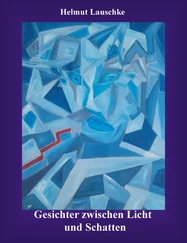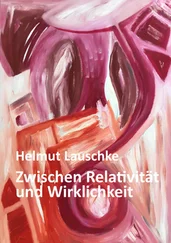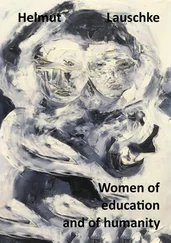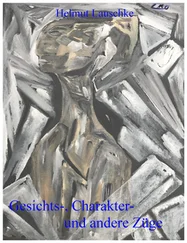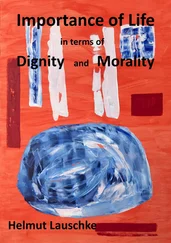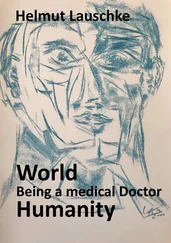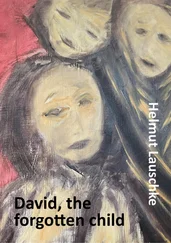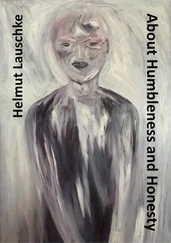Everyone had the storm clouds of change in his and her eyes and in mind that the empty bags were filled for the way into an uncertain future. The system of injustice and white superiority reacted indulgently to the whites who took everything for granted and took with as much as possible on their final trip to the south. It were the desk sitters with the meaningless faces and short necks and bulging buttocks on the lower and middle floors, and the masterminds with the sphere or cube heads on the top floors in the pyramidal administration buildings, and all of them were trained in the ‘pretorianic’ view through the windows at the south front, and all of them had followed the ‘pretorianic’ instructions and orders through the years without any criticism and hesitation and without any self-criticism.
These opportunistic sitters and nonsense writers started thinking how they would survive and rather change smoothly from one system into the other system with keeping the ‘sit-out’ salaries and the additional allowances on the same level. Administration sitters had no illusion that the white era was running out and the window view had to be changed from the south to the north, what had to be exercised and practised accordingly in the same opportunistic manner. The ideal situation was thought in this way that the whole pyramid tower got turned of one hundred and eighty degrees, since in the old time there were no windows at the north side of the pyramid according to the ‘pretorianic’ architecture. This shortsightedness of the running-out system was one essential part of the design and architecture and the change from white to black was not expected.
Now and under the storm clouds it had been revealed that the old window placements were wrong and no longer suitable that all the desk sitters in the various floors of the white administration started exercising the turning and nodding movements with the cube heads on the broad and short necks to the other side in becoming a smooth turncoat for the new system at the right time. Views and thinking had to be changed into the opposite direction. It had to go to the north to the Angolan border where the Ovambos would come back from exile with the PLAN [ people’s liberation army of Namibia ] fighters on the Soviet and East-German military vehicles, the howitzers and Stalin organs and tanks of the outdated Soviet T-series. Vast amounts of Kalashnikovs were expected to cross the border as well.
The long-term objective of the promoted administration sitters remained the comfortable life behind the big desk on an upholstered swivel chair with a high backrest in an air-conditioned office with little and meaningless work of little responsibility, but for a high-responsibility salary with all the plus-allowances like in the white-run system before. The old tradition should remain that an attractive secretary should serve the tea with some snacks and something else. Also in future she shall deny the presence of the ‘overworked boss’ with the stereotype that he is hindered or in a long-lasting meeting, while he reads the newspaper or picks his nose with a look through the window or makes some private calls or other things. The change from one system to another system should be not more than a routine change when only the skin colour of the superior has changed. It should not compromise the life with its regular payments of the monthly salaries and the various extras and the certainty of a good medical aid and a good pension. The administration people exercised therefore the turning and nodding movements of their heads and minds right in time to be ready as turncoats for the big swing from the old system into the new system which always requires some unscrupulous skills as well.
The time has come for the turning and nodding movements of the necks and the brains with the ‘black masts’ in sight. It became a kind of slogan: “Black up!”, which hammered in the administration heads with the good noses for the ‘smell’ of the upcoming political and socio-economical changes going with the timely turned opportunistic skills. On top of the Bantu-administration and above of the white ‘Sekretaris’ was [ more for optical reason ] the black ‘prime minister’ with a few black resort ministers who officially were not members of Swapo. The ‘prime minister’ was leader of a regional Ovamboland party which had parted from the ‘Turnhalle Alliance’. The parties of the alliance had moderate programs and consisted of black people of other tribes as well as of white people who did not categorically reject the colour bar and cooperated with the white administration by following the ‘pretorianic’ instructions of the South African administrator general who got his instructions from the power centre in Pretoria or directly from the South African president. [ The former Ovambo-minister of trade was a well known businessman in that time whose warehouses were left out from getting blown up and burnt down. He disclosed in a newspaper after independence that he was a registered Swapo-member since many years .]
Dr Nestor became the first black superintendent in the history of the hospital
That the ‘black masts’ came closer to the political scene, it became evident when Dr Nestor in a dark jacket and trousers with a blue shirt and open collar sat as the first black superintendent in the history of the hospital one Monday on the swivel chair behind the large desk. The desk was moved to the opposite site in the room where it was when Dr Witthuhn was the civilian superintendent. The white pale-faced doctor with the bulging pockets on his linen jacket was removed from this post overnight as fast as he had become the short-term superintendent. I entered the room for the morning meeting when I saw as the first this remarkable change which I recognized as a good development and congratulated Nestor for his new position. We had a short chat in which the new superintendent mentioned that Dr Witthuhn would become the acting medical director, though the white ‘Sekretaris’ of the Bantu-administration had offered him the post what he had rejected due to the commitments and the merits of Dr Witthuhn.
The change in the hospital administration was a remarkable step in the new direction and the colleagues made big eyes when they entered the office, because it was difficult to understand that the change had gone so quickly. The rail points were set on ‘black’ and the point setting had started in the north. Dr Nestor opened with a very short introduction the meeting and came to the central point that only a few colleagues were left at the hospital who had to carry the huge burden and workload. He asked for understanding of the critical situation and for a strong commitment what was needed to manage the work. The total number of doctors at the hospital were eleven of which one colleague had to go to the Lutheran mission hospital in Onandjokwe once or twice per week which was in the east of Ondangwa and was run with its more than hundred beds by nurses only. Eleven doctors at the referral hospital stood against a population of close to six hundred thousand people in a geographic area from the Kaokoland in the west over the long close-to-border strip to the mine town of Tsumeb in the east that together was larger than Switzerland.
The critical situation lay as a dark cloud over the heads of the few doctors who continued the work under the compromised conditions. There was no place for playing with words. The meeting got the seriousness and austerity that corresponded with the reality. The first black superintendent promised to work hard in the interest of the hospital and its people, though the problems were as much as old. He said that he will not give false promises. Dr Nestor was the first superintendent who announced that he will continue his medical work in the wards of internal medicine and will participate in the call roster for the nights and weekends that included the anaesthetic calls as well. Colleagues and matrons gave him an applause for this bold announcement.
Читать дальше

